|
Joe Biden is no Donald Trump when it comes to self-promotion. With his low approval ratings and fellow Democrats keeping their distance, you can be forgiven for forgetting that Joe Biden is our President. Donald Trump continues to suck all of the oxygen out of the room, on and off the campaign trail. The recovery of classified documents from Mar-a-Lago has dominated the headlines for weeks, while another major piece of legislation signed into law by the President gets pushed to the back pages. As Trump promotes far-right candidates in the upcoming mid-term elections, and the Republican Party is apoplectic about the “raid” on Mar-a-Lago, President Biden quietly pulls off another major legislative victory. Legislative Victories:
Time for Action: Now it is time for the President and the Democrat Party to rally around their latest legislative victory and regain the narrative from the Republicans. The Republicans see the Inflation Reduction Act as a Democrat victory and are desperate to somehow turn it against the President. It is true that calling the bill the “Inflation Reduction Act” is a little disingenuous, but there is a lot of good in this bill. Let’s take a closer look at it now. Inflation Reduction Act of 2022: This bill should have been titled the “Healthcare, Tax and Climate Bill of 2022”, because that is really what it is. The details of this bill fill over 700 pages and the costs are projected out over ten fiscal years. The $740 billion price tag attached to this bill is confusing and really doesn’t mean much to the average American. Democrat legislators claim that the approximately $440 billion in new spending will be more than offset by new tax hikes on wealthy corporations, reduced drug prices paid by Medicare, and increased taxes recovered by the IRS. If this bill actually brings in more federal revenue than it costs, then yes, it will reduce federal spending and help to lower inflation. But I can’t find any analyst who really believes that this bill will lower inflation. The best that we can hope for is that it pays for itself, and doesn’t exacerbate inflation. Here are some of the major provisions of the bill: New Spending on Clean Energy and Combating Climate Change: If fully enacted, these initiatives are projected to reduce carbon emissions in the U.S. by up to 40% by 2030. The programs that fall under this category will cost approximately $375 billion over ten years, and fall into four major parts.
Healthcare Spending:
The Republicans have backed themselves into a corner by being on the side of the pharmaceutical industry and against lower prescription drug prices for seniors. It is hypocritical to say that you are the party of lower government spending, but refuse to allow the Medicare program to lower its costs through negotiations. Additional IRS Funding: The bill will invest $80 billion over ten years to begin to rebuild the Internal Revenue Service after years of underfunding. If you have ever filed a paper tax return or tried to get an IRS representative on the phone, you understand just how dysfunctional the IRS has become. I have written extensively on this topic in my blog “The IRS Needs Our Love, Not Our Hate”. A significant portion of the new funding will help upgrade phone and computer systems, and ease the administrative logjams now plaguing the IRS. The IRS will also be replacing existing agents who are retiring in droves, and adding new agents to its ranks. I see this is as a positive development. There are hundreds of billions of tax dollars that go uncollected each year due to severe staff shortages. It takes a lot of staff resources to audit and investigate large corporations, complex entities, and cash-based businesses. Don’t fall for the Republican scare tactics flooding the air waves and social media about an army of IRS agents getting ready to breakdown your door. The new funding will focus on tax cheats that have the potential to return large sums of money to the Treasury. If you are an honest taxpayer and earn less than $400,000 a year, your chances of hearing from the IRS are remote. The Republicans are running scared because of the popularity of many of the provisions in the Inflation Reduction Act. They are trying to paint IRS agents as jackbooted thugs, at the beck and call of an out-of- control Biden administration. 15% Minimum Corporate Income Tax: The new minimum tax will apply to a limited number of large publicly held corporations with over a $1 billion in annual profits. There are a lot of ways for companies to manipulate profits, and therefore, what they report to the IRS for tax purposes. To get around this problem, the 15% minimum tax will apply to the book income, or what the company reports to its shareholders. This provision of the bill is expected to bring in approximately $258 billion in new revenue over ten years. 1% Excise Tax on Stock Buybacks: This new corporate tax will apply to the value of a company’s own shares of stock that it repurchases (buybacks). Stock buybacks are often used by publicly held companies to increase the stock price of the remaining shares. This provision of the bill is expected to bring in approximately $74 billion over ten years. The Inflation Reduction Act of 2022 has a lot of good provisions, and will be paying dividends for years to come. One of them will probably not be reducing inflation. But with luck, most of the new spending provisions will be offset by new corporate taxes, higher IRS collections, and lower Medicare spending. The new law will empower the Medicare agency like never before, and demonstrates that the government has the power to do something about exorbitant health care costs. While Donald Trump’s legal troubles mount, and he paints himself as the victim of a partisan witch hunt, Joe Biden has achieved real legislative victories which will benefit current and future Americans. It’s time for Joe Biden to become “cheerleader-in-chief” for his legislative victories. Along with his fellow Democrats, he needs to take to the airwaves and campaign trail to tout his accomplishments. If you enjoy reading this type of commentary please subscribe to my blog and tell a friend. You will receive an email notification when new blogs are posted. The email will come from the site’s email: armchairamerican1776 @gmail.com.
Thanks, Armchair American
0 Comments
Donald Trump’s rein of terror on the Republican Party continues unabated. Of the ten Republicans who voted to impeach Trump over his involvement in the January 6th Capitol riot, only two have survived to go on to the general election in November. Representative Liz Cheney of Wyoming is his latest victim. The fact that Liz Cheney lost her seat in the House of Representatives to a Trump-backed candidate is no surprise to anyone. Cheney is one of Trump’s most outspoken critics in the Republican Party, and is the vice-chair of the Congressional subcommittee investigating January 6th. Denying the results of the 2020 presidential election and downplaying the events at the Capitol on January 6, 2021, are the only political ideologies that matter in the Trump Party. I want to thank Liz Cheney, for being an American first and a Republican second. She sacrificed her House seat by standing up for truth, democracy, and the Constitution. That took courage, a rare commodity in politics today. She has shown that a “principled politician” is not an oxymoron. Liz Cheney demonstrated that patriotism does not mean blind obedience to a political party or a political leader. Rather, it is taking a firm stand against a political onslaught in defense of the rule of law and the principles that this country was founded on. I hope that she continues to stand proud while others in her party call her disloyal, unpatriotic, or un-American. What is un-American is being punished for speaking truth to power, questioning authority, and standing on your principles. Liz Cheney is down, but not out. This week she announced the creation of a new political action committee, “The Great Task”. According to a Cheney spokesperson, the committee will “educate the American people about the ongoing threat to our Republic, and to mobilize a unified effort to oppose any Donald Trump campaign for President”. Cheney has said that she is considering a run for president in 2024, and this would be the platform to launch her presidential run. Whatever she chooses to do, I am confident that she will continue to lead with integrity and courage.
This country needs more politicians like Liz Cheney. For the sake of the Republican Party, and indeed the country, I hope that she continues to be politically engaged, if for no other reason, to help dispel the falsehoods emanating from the Republican Party. Someday the Republican Party will wake up from its self-induced dystopian nightmare and find Donald Trump nowhere to be seen. But Liz Cheney will still be standing. If you enjoy reading this type of commentary please subscribe to my blog and tell a friend. You will receive an email notification when new blogs are posted. The email will come from the site’s email: armchairamerican1776 @gmail.com. Thanks, Armchair American The largest proportion of American voters identify themselves as independents. These are the voters who do not formally align themselves with a political party, and are also called non-affiliated voters. I fall into this category. According to a 2021 Gallup poll approximately 29% of voters identified as Democrats, 27% as Republicans, and 43% as independents. There are dozens of local, state, and national political parties other than the two majors. The biggest of the “third-parties” are the Libertarian Party, Green Party, and American Independent Party. Most of the third-parties are too narrow in scope to attract enough independent voters to make much of a difference. A newly formed political party called “Forward” is out to change all that. Let’s take a look at this new party and at other ways independent voters may have more influence in the political process. Forward (FWD): Last month three political organizations announced that they have merged to create a new entity called “Forward”. Forward plans to officially launch as a new political party on September 24, 2022. It will be co-chaired by former Democrat candidate for President Andrew Yang and former Republican Governor of New Jersey Christine Todd Whitman. According to a recent press release, Forward “will be a political home for the majority of Americans who want to move past the era of divisiveness and do-nothing politicians so that our government starts working again”. There tag line is “Not Left. Not Right. Forward”. Forward proposes to reject the divisiveness of the far right and far left and pursue common ground ideas the majority of Americans can support. This all signs well and good, and a third major political party built on compromise and centrist ideas would be a good thing for America. But third-parties don’t have a great track record in this country. The Democrat and Republican Parties are a duopoly and have become the de facto gate keepers to the political process in the United States. Third-Party Angst: Most voters choose a candidate from one of the two major political parties rather than “wasting” their vote on a third-party or independent candidate. The current system discourages third-party candidates for fear of the “spoiler effect”. This occurs when the third-party candidate pulls a significant number of votes from a major party candidate, impacting the outcome of the election. Ross Perot received enough of the Republican and independent votes to assure Bill Clinton’s victory over George H.W. Bush in the 1992 Presidential election. Al Gore would have probably beaten George W. Bush in 2000 if not for the votes that went to Green Party candidate Ralph Nader. Fear of the spoiler effect helps to entrench the two major parties and keeps minor parties and independent candidates from gaining much traction. The result is that voters often have the choice of picking between the lesser of two evils. To get around this problem, Forward is pushing “Ranked-Choice Voting” and “Open Primaries” as part of its platform. I have written about both of these in a previous blog, but the concepts are worth repeating here. Open Primaries: In an open or nonpartisan primary, everyone who wants to run for a given office can enter the same primary election regardless of their party affiliation. In a true open primary, all candidates would be listed on the same ballot and the election would be open to all voters, regardless of political affiliation. But this is not the case in most states because political parties often “close” their primaries to those not registered with their party. Therefore, many independent voters are either prohibited from voting in party primary elections or face restrictions. Open primaries give all constituents a voice in the election and it moderates the process by forcing politicians to appeal to independents as well as to their base. Closed primaries have the perverse effect of producing elected officials more accountable to their party than their constituents. You can find more information on this important topic at “Open Primaries”, an organization advocating for open primaries. After all, no American should be required to join a political party to exercise their right to vote. Ranked-Choice Voting (RCV): An election system in which a voter can rank candidates in order of preference. Here’s how it works:
Is it time for another major political party in this country? I think it is. Whether that major new party is Forward or something else, I think it would be good for democracy. I wish Forward well, and I hope that they succeed. Even if they don’t, I will continue to support RCV and open-primaries. These are nonpartisan approaches that give voters more choice and will help to make our elections more democratic.
If you enjoy reading this type of commentary please subscribe to my blog and tell a friend. You will receive an email notification when new blogs are posted. The email will come from the site’s email: [email protected]. Thanks, Armchair American |
AuthorThe Armchair American. Archives
November 2024
Categories
All
|
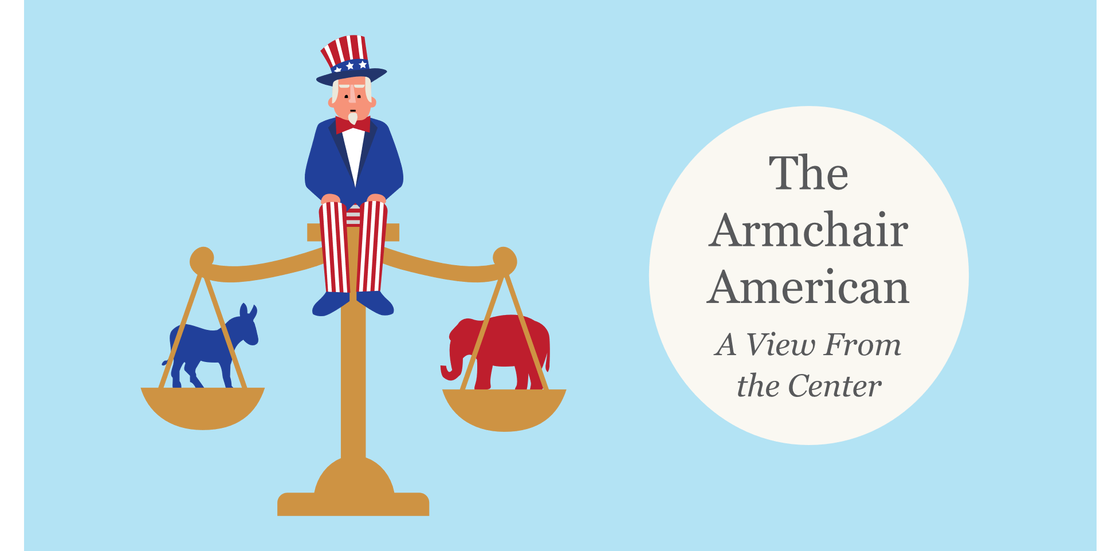



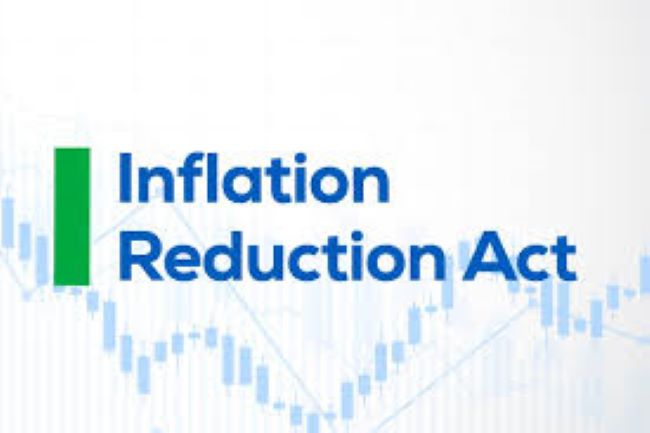

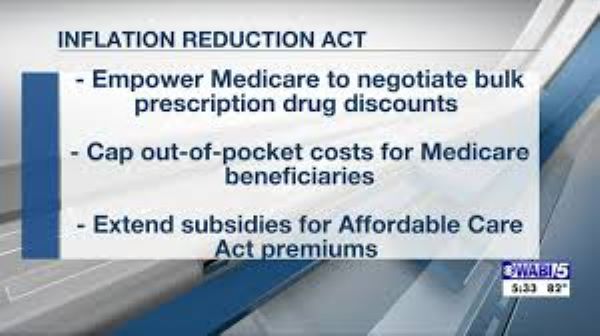







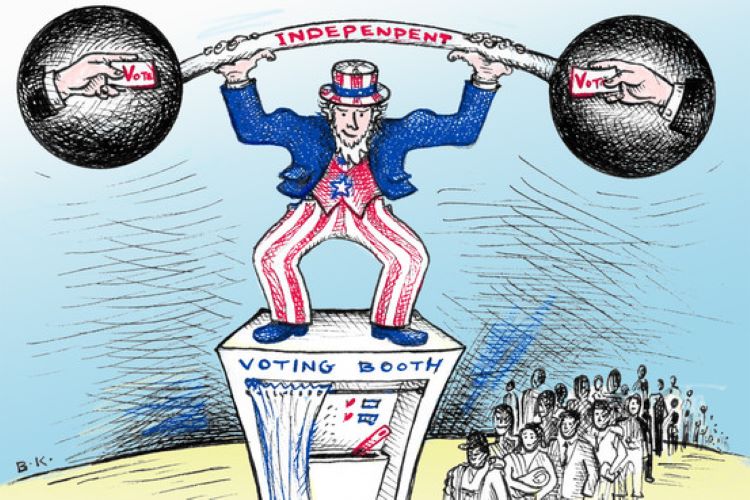



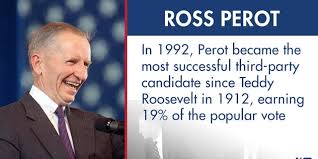


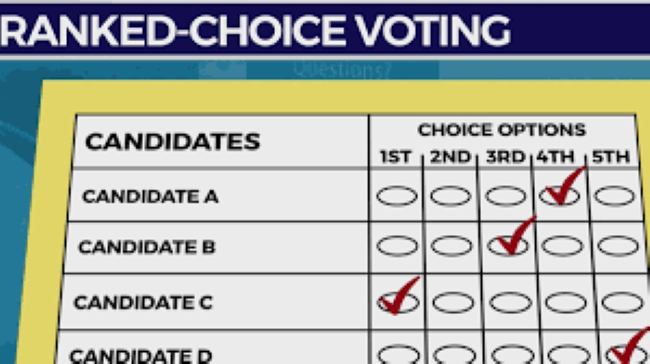


 RSS Feed
RSS Feed